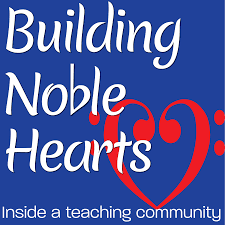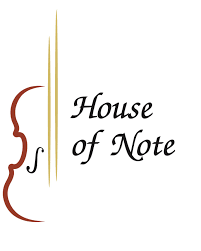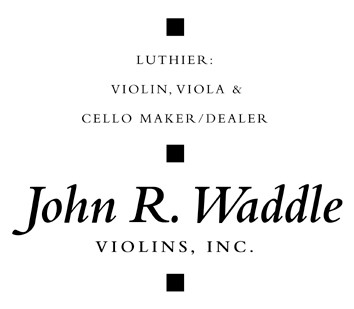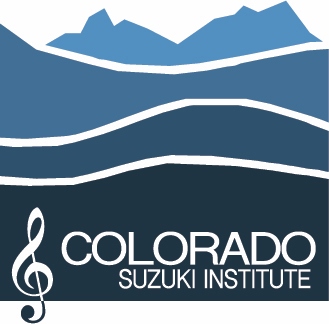Statewide Graduation
New to Graduation? Read a full guide here!
Important dates
______________________________________________________________________________________________________
Graduation Day Information
March 7
Piano Recitals
Upper Level Soloist Recital
Recital times TBD. There may be either one or two recitals depending on number of qualifying soloists.
March 14
10 am: Flute, Harp, Guitar, Upper-Level Soloists
1 pm: Cello, Viola
3:30 pm: Violin
Volunteer Requirement
All teachers are required to volunteer for Graduation to ensure its success. You can view the needed jobs here. If you are not able to attend Graduation, you are responsible for finding someone to volunteer on your behalf.
Trophies, Comment sheets, and Programs
All comment sheets will be digital. You can download the fillable PDF here. Instructions are available for Adobe, PC, and Mac. Please save each file and then open it yourself to ensure your comments have been saved before emailing them back.
Teachers are responsible for distributing these within their studio. In the event that we are not able to hold Graduation in person or for teachers who elect not to attend in person, there will be a $7 shipping fee added per student to cover the cost of shipping trophies and programs.
______________________________________________________________________________________________________
One of the primary purposes for the existence of the Suzuki Association of Minnesota is a graduation process for students. The development of accuracy in rhythm, pitch, articulation, and musicality are goals of every fine music teacher. With nurture, review and maturation of playing skills, students develop technique and musicianship in pieces they know. This program involves careful preparation and joint cooperation on the part of students, parents, and teachers.
Certain pieces in the Suzuki repertoire are designated as Graduation Levels. When students have studied beyond the piece for each level, they may graduate – that is, they prepare a polished performance of the set piece. They then receive a written report on their playing, and are presented with an award at the Graduation Recital.
Graduation is not an examination, and every child succeeds. Teachers present students only when they are certain that the performances are secure and musical and that the student is studying well beyond that particular level. To graduate is to achieve recognition for having reached a certain milestone in the ongoing process of musical education. Graduation is not compulsory, however to graduate at any level beyond Level 1, a student must have graduated at all previous levels. Up to 3 levels can be graduated from in one year. Please reach out to the graduation committee (graduation@suzukimn.org) for special situation such as transfer students, onboarding a whole studio into graduation at once, etc.
The process involves SAM teachers sending all recordings to state coordinators who redistribute them to different teachers who listen, evaluate, and make constructive comments. Instruments currently represented are: Violin, Viola, Cello, Bass, Piano, Harp, Flute, Recorder, and Guitar. This program is open to all students of SAM members.
Students of string and wind instruments perform in groups until reaching highest playing levels. Soloists are chosen to demonstrate highly developed skills and repertoire. Piano students perform solos in recitals. All the many efforts that make up the graduation process culminate in the recitals at Benson Great Hall at Bethel University in St. Paul for Strings and Winds and at Sundin Music Hall at Hamline University in St. Paul for Piano. Graduates receive certificates and trophies to celebrate their achievements.
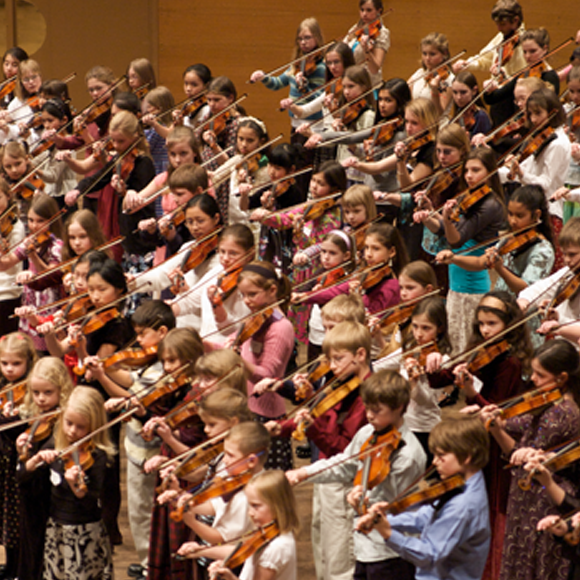
The History of Suzuki Graduation
Dr. Suzuki would wake up around 5:00 AM every morning and listen to hundreds of tape recordings sent to him from all over Japan. He incorporated a Suzuki Graduation System where students, when they reached certain playing levels, would record several polished review pieces and in return receive Dr. Suzuki’s constructive comments about their playing.
This was a celebration of accomplishment. It was never a ‘pass or fail’ situation since Dr. Suzuki trusted that a teacher would only have a student prepare and submit a recording when they were musically ready. Dr. Suzuki also knew it was the process of preparing these recordings where the real learning and progress took place.
SAM Graduation
-
Make Review Relevant – We do not always realize the benefits of review until we do the work!
-
Offer Another Opportunity for Performance – Both for a video camera and at the graduation recital.
-
Foster Self Evaluation – Our goal is to give each student skills to eventually practice and learn independently. This begins with self-evaluation.
-
Begin an Organized Collection of Recordings – To celebrate and benchmark progress from level to level and uphold a high standard for each level as a group and individually.


